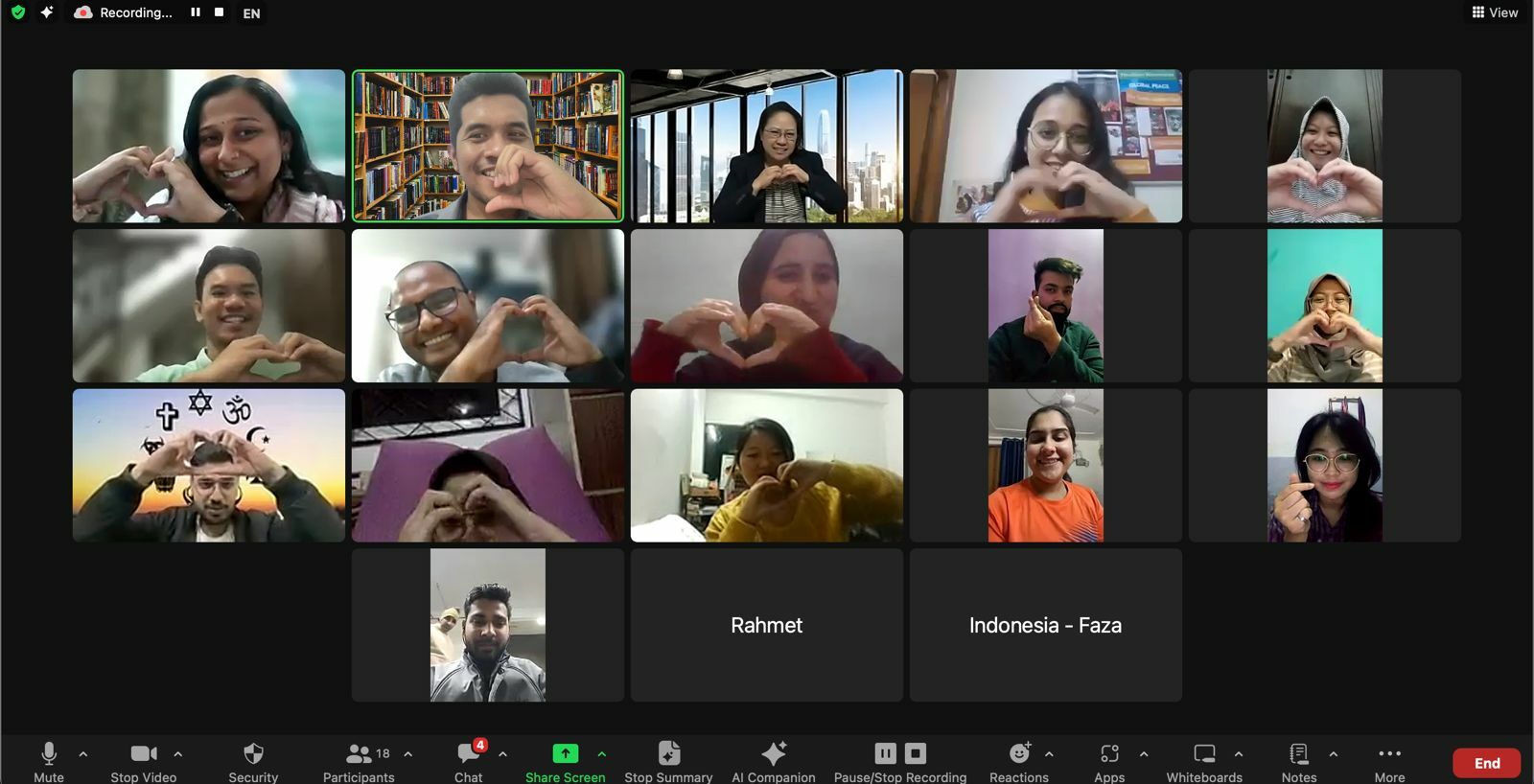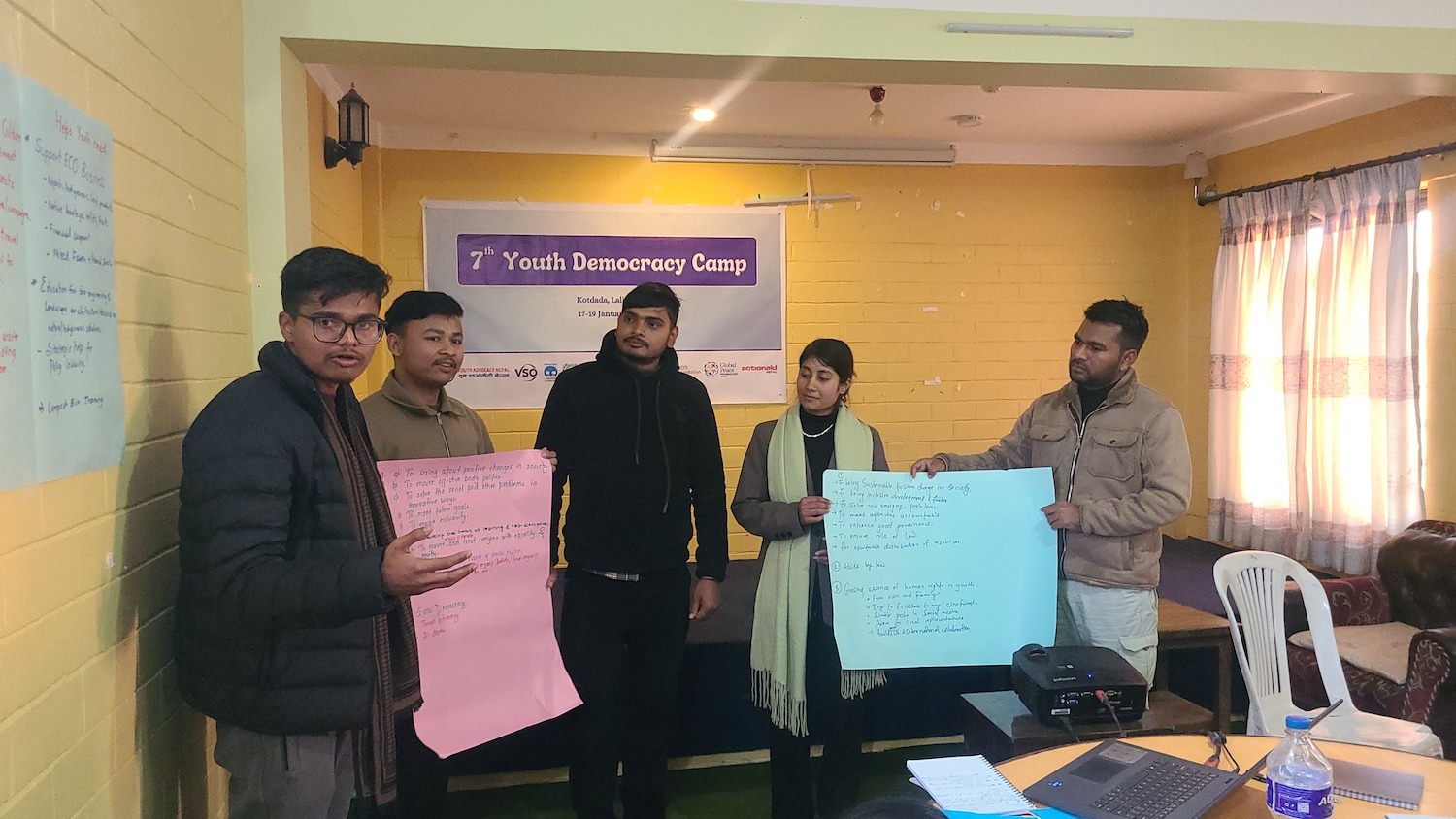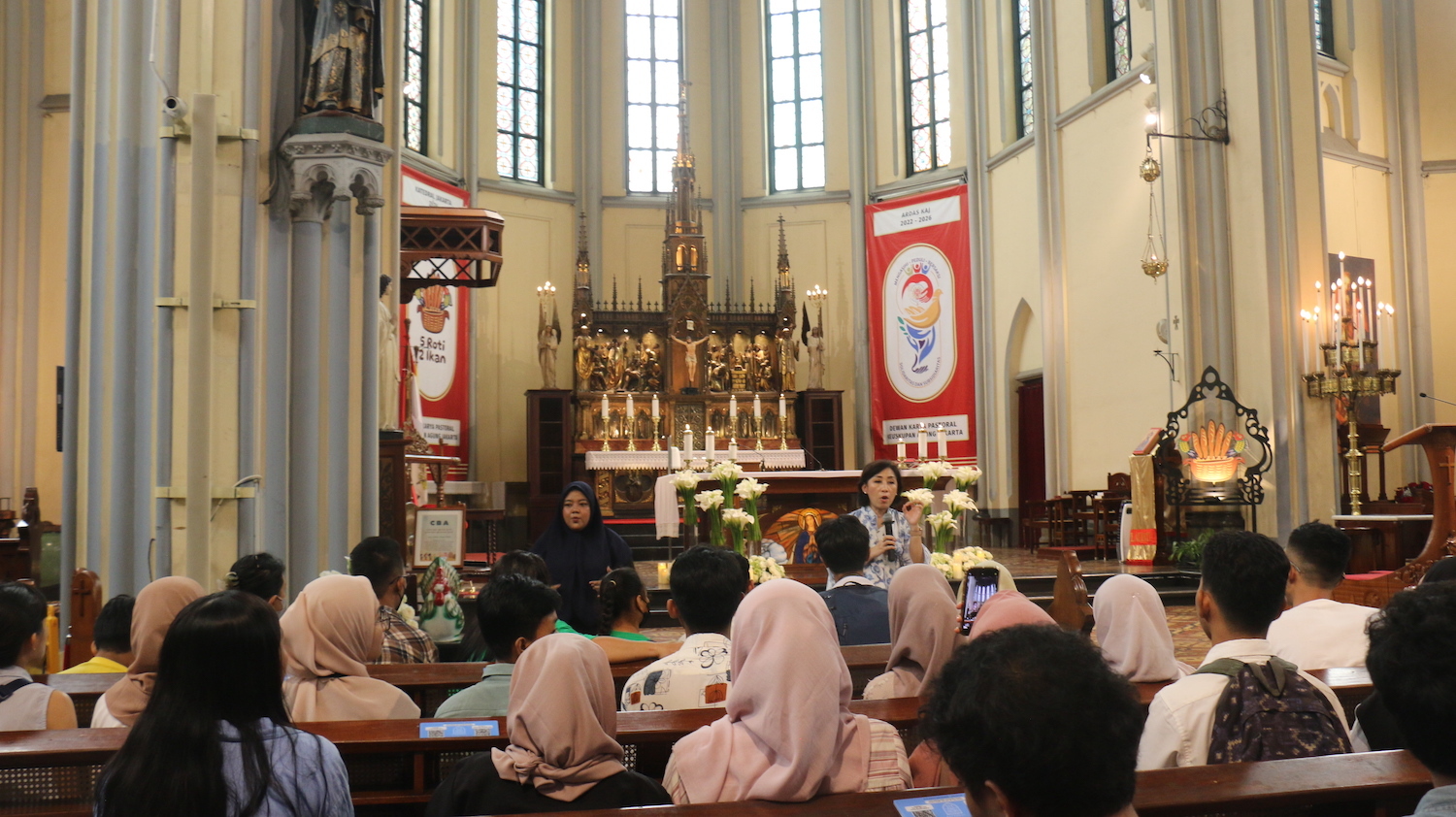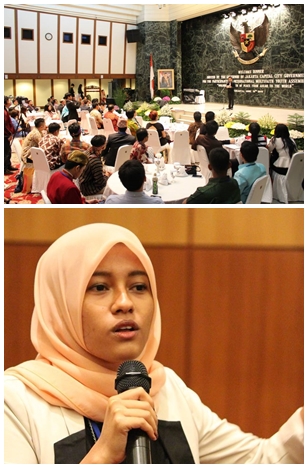
Top: Participants at welcoming banquet. Bottom: Participant speaking at event.
The recent International Multifaith Youth Assembly (IMYA), organized by the Global Peace Foundation in partnership with President’s University in Jakarta, Indonesia, was a timely forum where forward-thinking youth from the region could address these pressing issues and explore their role in advancing solutions. The three-day assembly, “Blaze of Peace from ASEAN to the World,” was hosted from June 16-19, 2014.
“The idea to see oneself as a world citizen, to adopt a higher consciousness is the root of civilization,” Mohamed Imran, a senior researcher at Singapore’s Nanyang Technological University, told participates. “We have to develop a cosmopolitan outlook.” Mr. Imran noted that assemblies such as IMYA are investments in long-term foundations for regional integration. “Anticipating and bridging differences early on will help avoid tensions between different communities and groups, and between communities and governments,” said Mr. Imran.
The IMYA gave participants the opportunity to experience different cultures, religions and traditions, while engaging in meaningful discussions about securing peace. On the third day of the assembly, participants visited six different houses of worship. The faith-walk was a chance for youth participants to actively experience and inquire about religious traditions outside of their own.
“Because of this forum,” one participant reflected, “I could ask a lot of questions without getting people angry. I could understand a lot. Sometimes conflicts start because we don’t understand about other people’s religions.”
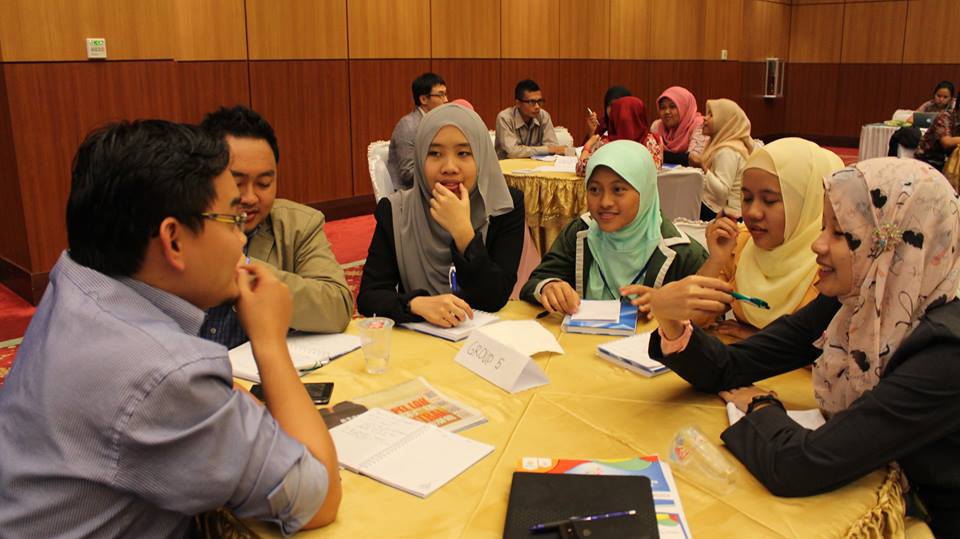
Another hot topic of the assembly was how to engage youth as partners in development. Ace Tang, chief executive of Big Orange Media in Malaysia, called youth “social game changers.” Tang said, “Youth are the ones who can make a huge difference as youth can influence a lot of people through the media, government and private sectors. Nourishing our youth is a good starting point.”
Participants discuss interfaith issues at event. Angga Dwi Martha, an Indonesian youth advocate from the United Nations Population Fund, encouraged youth to speak up and become advocates in the quest for peace. “Our task is to make our voices, our work and our ideas count in the thriving globalization of highly competent, multi-diverse human beings.”
During World-Café sessions, participants discussed and designed new ways to engage youth as owners of a culture of peace. “We have to think outside of the box and make something new to interest the young people,” one participant said. At the same time, discussions acknowledged the importance of raising moral and innovative leaders.
Programs like IMYA create opportunities for open dialogue and exchange that allow young leaders to learn and explore other faith and cultural traditions and create enduring positive relationships.

